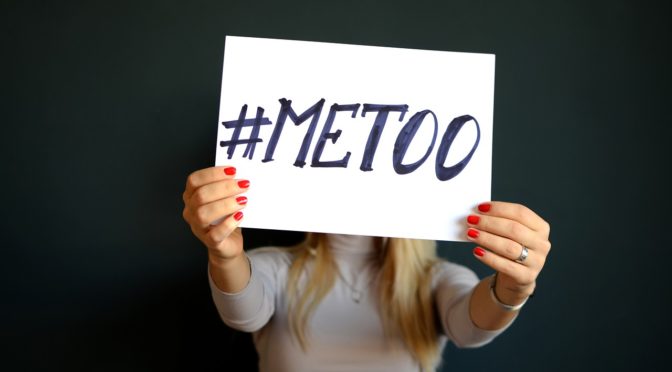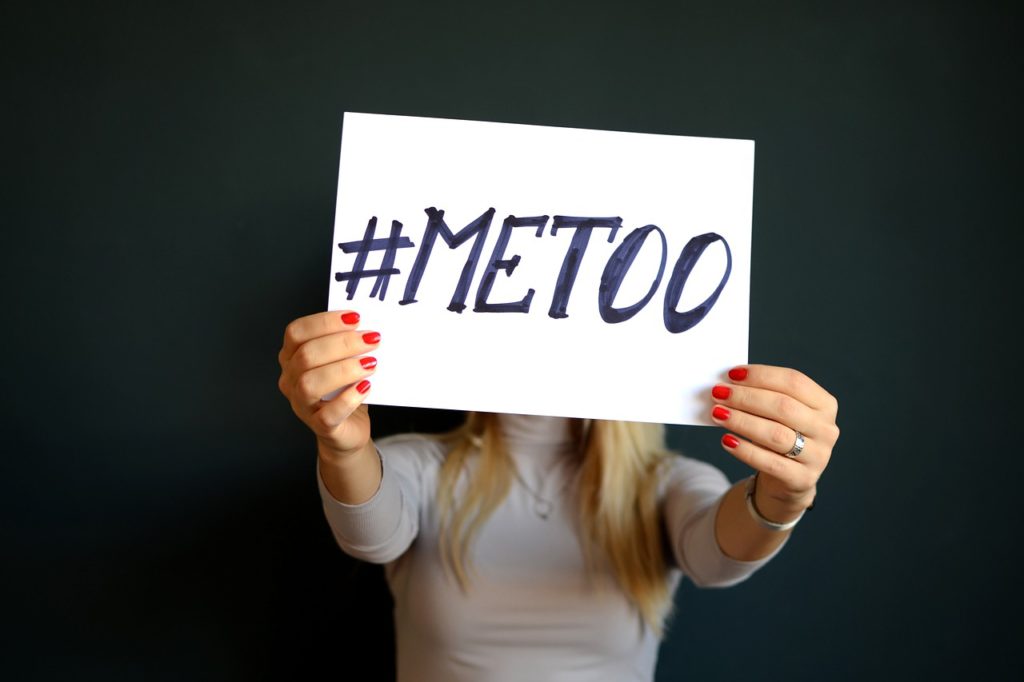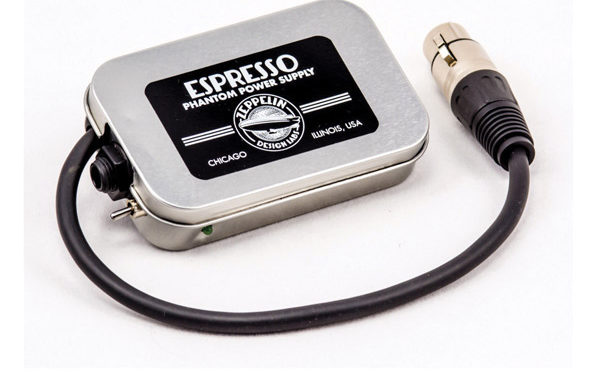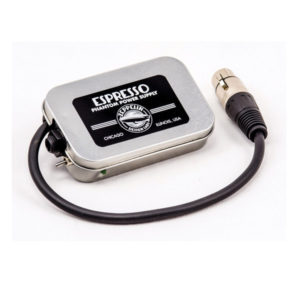The viral spread of the #MeToo campaign denouncing sexual assault and harassment demonstrates that almost no one is immune to sexual harassment and no one reporting it should feel alone. The campaign has also exposed the unfortunate truth that instances of sexual harassment appear to be pervasive throughout American culture, including in the arts and entertainment community.
No one should ever have to feel uncomfortable, unsafe, or threatened on the job. Yet, at one time or another, nearly everyone has endured workplace sexual banter that made them uncomfortable. People often laugh it off, masking their discomfort, but no one should have to feel that way at work. Sadly, employees frequently choose not to complain for a variety of reasons. They may want to be “part of the team,” wish to avoid further embarrassment, or fear retaliation. They may simply prefer to think of themselves as survivors, not victims.
What Is Sexual Harassment?
Sexual harassment involves unwelcome sexual advances, requests, and other verbal, visual, or physical conduct. This can include inappropriate jokes, obscene language (including in emails), touching or impeding movement, sexual gestures, and suggestive objects and pictures. Harassment does not have to be of a sexual nature. It can include offensive or derogatory remarks about a person’s gender, such as general offensive comments about women or men. The victim does not have to be the person directly harassed, but is anyone affected by the harasser’s offensive conduct.
Workplace sexual harassment can take two forms. “Quid pro quo” harassment occurs when a tangible employment action explicitly or impliedly depends on the employee’s rejection or acceptance of unwelcome sexual advances or requests. It is generally committed by someone with power to make termination, demotion, or promotion decisions over the victim.
The second type of harassment occurs when the unwelcome conduct of supervisors, co-workers, customers, contractors, or anyone else with whom the victim interacts on the job creates an intimidating, hostile or offensive work environment. In order to be legally actionable, such “hostile work environment” harassment must be so severe or pervasive as to interfere with a reasonable person’s ability to perform his or her job.
Sexual harassment crosses all genders, ages, sexual orientations, and job levels. According to Equal Employment Opportunity Commission (EEOC) research, one in four women have been sexually harassed. While 30% took action to stop it, less than half filed a complaint. Seventy percent simply avoided their harasser, denied, or downplayed the harassment.
Title VII of the Civil Rights Act of 1964 bans discrimination on the basis of sex, which the EEOC and the United States Supreme Court have interpreted to include sexual harassment. Following guidance issued by the EEOC, many employers have written policies banning sexual harassment, instituted mandatory sexual harassment training, and created procedures for employees to
file complaints.
While almost all large companies today have anti-harassment policies and complaint procedures in place, there is little evidence that compulsory training reduces the instances of sexual harassment. It may do more harm than good—sometimes shielding employers from liability and reinforcing gender stereotypes. Even with training, human resource personnel sometimes handle incidents poorly. They may suggest ignoring the harassment, especially if it doesn’t meet their standards for sexual harassment.
What Should You Do?
It is an employer’s legal responsibility to provide a workplace free of unlawful harassment. Employers must investigate complaints of sexual harassment and must take appropriate actions to end harassment and ensure it does not happen again. Employees should be encouraged to come forward at the earliest instance and not wait until a point where they feel unsafe.
If you are being sexually (or otherwise) harassed at work and feel comfortable confronting your harasser, immediately and emphatically tell the person to stop. If you work under a union collective bargaining agreement, alert your union representative to the harassment and ask for assistance. Create and keep a contemporaneous written record of the harassment, including details such as the time and date of each incident. Also keep a detailed record of your job performance.
Collective bargaining agreements and employee handbooks often include provisions governing the reporting and handling of complaints of sexual harassment. Where such policies and procedures exist, try to follow them as closely as possible, in reporting your concerns.
If your internal complaints fail to put a stop to the harassment (or otherwise resolve the situation to your satisfaction) or you feel reporting the harassment to your employer has led to unfair treatment or retaliation, you may choose to file a charge of discrimination with the EEOC or with your state human rights agency.
These charges must be filed within 180 days of the alleged discriminatory act (300 days if your state has an agency that enforces a state law that prohibits employment discrimination on the same basis). The EEOC and state agencies are equipped to assist you in filing a charge of discrimination. For more information or to file a complaint call the EEOC at 1-800-669-4000.





